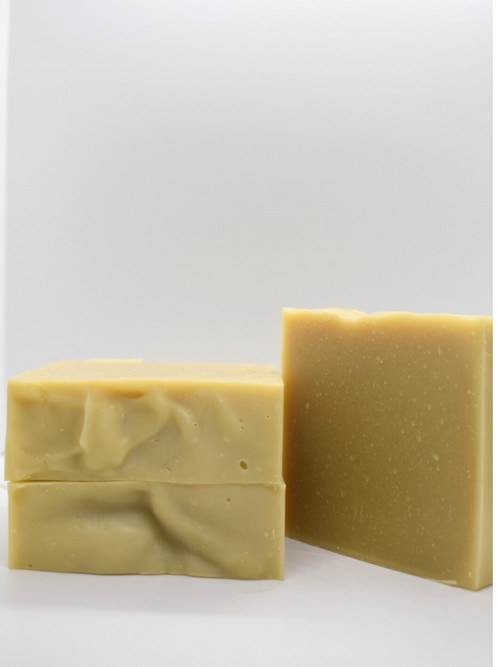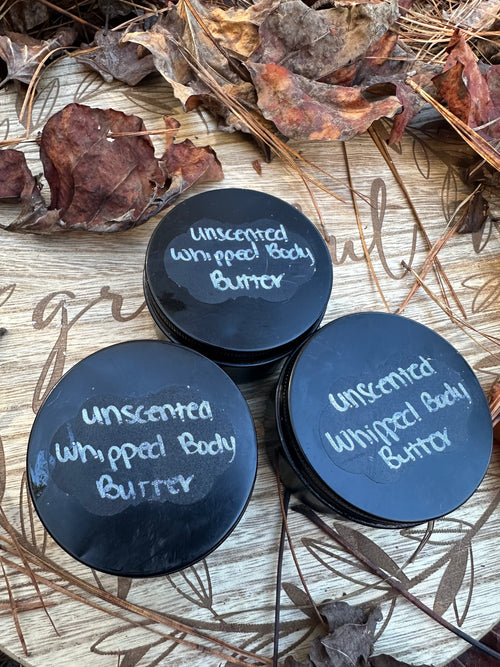Palm oil is one of the most widely used ingredients in the beauty and personal care industry. It’s found in everything from soaps to shampoos to lotions due to its versatility, cost-effectiveness, and ability to create a rich, creamy lather. However, despite its popularity, the production of palm oil has significant environmental and social impacts. While some companies opt to use sustainably sourced palm oil, we’ve made the decision not to use it at all in our products. Here's why.
The Importance of Sustainable Palm Oil
Palm oil production is often associated with deforestation, habitat destruction, and the loss of biodiversity, especially in regions like Southeast Asia. Large-scale palm oil plantations are responsible for vast swathes of tropical rainforests being cleared to make way for palm oil crops. This has devastating effects on ecosystems, wildlife (such as orangutans, tigers, and elephants), and local communities who depend on these forests for their livelihoods.
In response to these concerns, the Roundtable on Sustainable Palm Oil (RSPO) was established to promote the use of sustainable palm oil. RSPO-certified palm oil aims to minimize deforestation, ensure fair labor practices, and protect endangered species by following strict environmental and social standards. Many companies use RSPO-certified palm oil to help mitigate the negative impacts of palm oil production, but even sustainable palm oil is not without its challenges.
Why We Don’t Use Palm Oil
At our company, we are deeply committed to environmental sustainability and ethical practices. After careful consideration, we made the decision not to use palm oil in any of our products, even if it’s sustainably sourced. Here’s why:
The Risks of "Sustainable" Certification
While RSPO certification does aim to reduce some of the negative environmental and social impacts of palm oil production, the system is not perfect. There have been numerous reports of palm oil plantations still contributing to deforestation and human rights abuses despite claiming sustainability. The certification process itself has also been criticized for being flawed and difficult to enforce on the ground. Some palm oil plantations still fall short of the high environmental and ethical standards we expect in our supply chain.
Additionally, palm oil is a highly land-intensive crop, and even when grown on certified sustainable plantations, the sheer scale of production required to meet global demand continues to place immense pressure on ecosystems and biodiversity.
We Prioritize Biodiversity and Conservation
The destruction of rainforests for palm oil plantations has far-reaching consequences. These forests are home to countless species of plants and animals, many of which are endangered. By choosing not to use palm oil, we’re taking a strong stand against the environmental damage caused by unsustainable agriculture. We believe in using ingredients that support biodiversity, not contribute to its loss.
Instead, we source alternative oils like olive oil, coconut oil, and avocado oil, which are known for their sustainability and minimal impact on the environment. These oils also provide a range of benefits for the skin and can be sourced from small-scale, local farms that prioritize eco-friendly practices.
Supporting Ethical Sourcing Practices
We believe in maintaining transparency and ensuring that every ingredient in our products is sourced responsibly. Although some palm oil producers are working to improve labor conditions and environmental practices, the palm oil industry as a whole has been linked to significant issues related to human rights, including land grabbing, poor working conditions, and exploitation of local communities. By avoiding palm oil entirely, we avoid contributing to these complex issues, and instead, support suppliers who prioritize fair trade and ethical sourcing practices.
Finding Better Alternatives
In our quest for sustainability, we’ve made it a priority to research and use oils that align with our values of environmental responsibility and fairness. We choose to use ingredients that are biodegradable, non-toxic, and produced with minimal ecological impact. For example, our plant-based oils and butters (like shea butter, cocoa butter, and castor oil) provide the same rich texture and nourishing properties that palm oil offers, but without the negative environmental and social implications.
By carefully selecting ingredients that have a minimal environmental footprint, we’re able to create products that are not only better for your skin but also better for the planet.
The Bigger Picture: Why We’re Committed to Sustainability
Choosing not to use palm oil is just one of the many ways we demonstrate our commitment to sustainability. We believe that every small decision we make as a business has an impact on the world. From sourcing eco-friendly packaging to supporting fair-trade ingredients, we are always looking for ways to improve our practices and reduce our environmental footprint.
While palm oil may be a common ingredient in the beauty and skincare industry, we believe that we can create high-quality, effective products without compromising our values. By avoiding palm oil, we are supporting biodiversity, ensuring ethical sourcing, and contributing to a cleaner, greener planet.
A Commitment to Ethical, Sustainable Beauty
In an industry where sustainability is becoming increasingly important, we choose to stand by our principles. Although palm oil is a versatile ingredient, its environmental and social challenges are too great for us to overlook. We’re proud to offer products that are palm oil-free, and we will continue to find innovative, ethical alternatives that benefit both our customers and the planet.
Our commitment to sustainability isn’t just about avoiding certain ingredients—it's about making thoughtful choices that reflect our values. By choosing palm oil-free products, you're supporting a more sustainable future for all.


